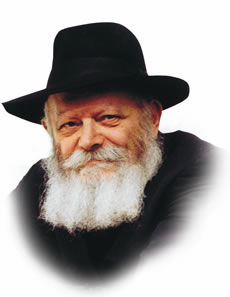America’s Commodore
Uriah Phillips Levy (1792-1862) was born in Philadelphia to parents descended from German and Portuguese Jews. At age 10, he left home to work as a cabin boy on a merchant ship. At 13, he returned home for his Bar Mitzvah (having already traveled the world!) He continued on the nautical path and became a sailor. Levy enlisted in the navy during the War of 1812, where he was captured and imprisoned for 16 months. After the war, he returned to the navy and rose through the ranks, participating in many conflicts (including the Barbary Wars) and eventually becoming commodore of the Mediterranean Fleet. This made him the first ever Jewish commodore – the highest naval rank at the time. Facing extreme anti-Semitism throughout his military career, he would defend his honour in some violent fights, for which he was court-martialed no less than 6 times! He became a champion of the lowly soldier, refusing to participate in flogging or any form of corporal punishment. For this he was dismissed from his post, but by 1850 was able to convince Congress to pass an anti-flogging bill, thus abolishing the practice. He then wrote a new manual for humane military discipline. Away from the army, Levy found success in real estate, and became a noted philanthropist. In 1834 he purchased Thomas Jefferson’s estate (Monticello) and paid for its restoration. For this he is considered by many to be the first (modern) person to restore a historical site. He donated Monticello to the U.S. government in 1862. He also commissioned a statue of Jefferson for the Capitol building, which remains to this day the only piece of artwork in the Capitol to be privately commissioned. Levy financed the Bnai Yeshurun Jewish seminary of New York and served as the first president of the Washington Hebrew Congregation. The destroyer ship USS Levy is named after him.
Words of the Week
Do not harden your heart nor shut your hand from your destitute brother.
– Deuteronomy 15:7.
It is forbidden to withhold charity and relief for the needy if we are aware of their desperate situation and have the means to assist them. This is one of the 613 commandments of the Torah.



